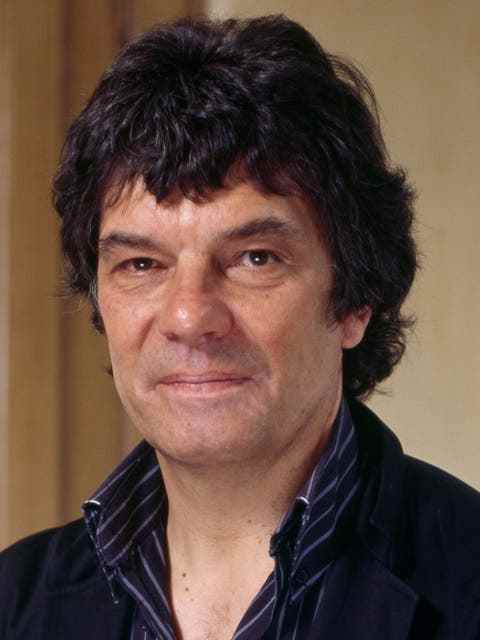Parliament decided on Wednesday: The Federal Council must enshrine the right of children to a non-violent upbringing in the Civil Code. Psychologist and psychotherapist Allan Guggenbühl has reservations.
Allan Guggenbühl wants to look behind the upbringing problems in families.
Allan Guggenbühl, do you remember a slap you received as a child?
Allan Guggenbühl: We sometimes had to stand in a row on the school square after the break. If we committed something more serious, we received slaps in the face. We tried to take the slaps as bravely as possible. However, we loved the teacher in charge.

Allan Guggenbühl is a psychologist, psychotherapist and head of the Institute for Conflict Management IKM in Zurich.
Why? He hit her.
The slaps weren’t his whole upbringing. With the slaps in the face he showed us that we had crossed lines, it was a kind of signal. Otherwise he was very positive. But I also had another teacher.
Who hit you too?
This other teacher was short-tempered and literally beat me up. I remembered that more clearly. That was an assault that, thank God, is no longer permitted today.
On Wednesday, Parliament instructed the Federal Council to write the right to a non-violent upbringing for children into the Civil Code. Would you have voted for it too?
I am absolutely against physical violence in parenting. In my everyday work, I also have to deal with teachers who are completely desperate, who are spat on and bullied by students. They don’t know what to do and therefore resort to violence. This is a no go. The initiative in Parliament also speaks of psychological violence. Here it gets more difficult.
Namely?
This term is difficult to define. There are clear forms of psychological violence. For example, when you put your child down, take away their self-esteem, use certain expressions. But a child can also suffer in other ways, there are different degrees. If parents only praise their child, they may feel that their parents are not dealing with them. A relationship is missing.
But isn’t it obvious that by psychological violence Parliament means punishments such as deprivation of love or imprisonment?
These points are self-explanatory. But education is complex. I also ask about the causes of problems in education. An emotionally cold father or an emotionally cold mother is difficult for a child to bear. But how do you want to prove this fact? As a society, we must clearly demand that children be loved. But such a law is not suitable for this.
Why?
Let’s take the example of withdrawal from love. I know of cases where this behavior hides an illness: depression. A law does not change this situation. It needs other means. Education and prevention, for example.
The Federal Council rejected the initiative and spoke of a fear of “state interventionism”. But isn’t it actually commendable when the state sends a signal here?
Sending signals is important. The question is who is sending it? The state or we as a society? In my day-to-day work, many people come to me looking for help. But they don’t want to go to the Kesb. They see the state authorities as an actor who wants them bad, who messes everything up, who intervenes. This could be counterproductive, especially for families who realize that they have problems. Societal trust in government agencies is still high, but the law could have the opposite effect in the long term.
You spoke of prevention and education. How exactly would you approach the issue?
What does not work is another poster campaign in trams. It’s a sheer waste of taxpayers’ money. We have to ask ourselves how to reach the affected groups. For example, I organize opportunities for young people to exchange ideas. 12-year-olds tell 16-year-olds how their parents hit them. A lot comes up in such conversations, and an exchange develops. Simply raising the moral finger, on the other hand, does not achieve anything.
Have you ever slipped your hand?
My kids say no. For me it’s taboo. I used to be very strong and knew that I couldn’t judge that. I could have hurt my children.
They come from practice. What advice would you give to a parent who has used violence against their child?
I would try to contact these parents, to establish trust. Such parents are often not violent per se, but have reacted out of powerlessness. We then discuss a more constructive approach, analyze how it came to this. Then it’s a matter of working out strategies. A conflict can rarely be resolved in a specific situation. I then advise taking yourself out before violence occurs. Getting out of the situation, neutralizing it. In retrospect, there are other approaches to clarifying the conflict.
